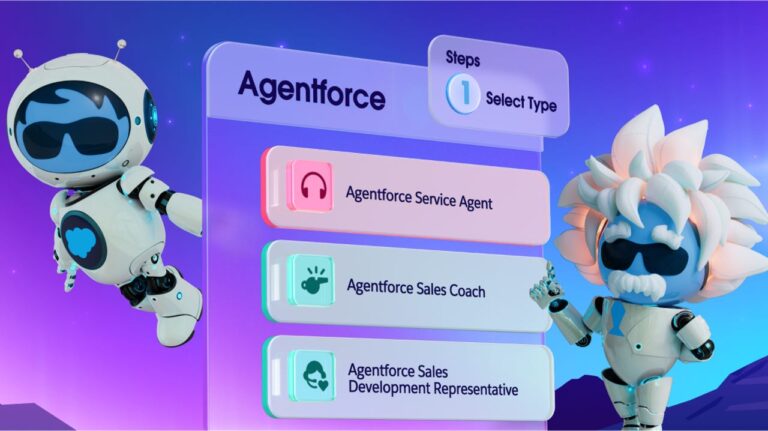HarmonyOS 6 AI Agents: Huawei’s Bold Challenge to Android & iOS
Huawei HarmonyOS 6: AI Agents Challenge the Android and iOS Duopoly
Introduction
The mobile operating system landscape has long been dominated by a duopoly: Google’s Android and Apple’s iOS. These two platforms have shaped how we interact with our smartphones, defining ecosystems of apps, user interfaces, and underlying technologies. However, with rapid advancements in artificial intelligence, a new contender is emerging, promising a fresh perspective on mobile computing. Huawei, a global technology giant, has been steadily developing its own operating system, HarmonyOS, and with the launch of HarmonyOS 6, the company is heavily betting on AI agents to differentiate its offering and provide an attractive alternative to the established players. This article explores how HarmonyOS 6 uses AI agents to create a unique user experience, its potential to revolutionize the mobile market, and the challenges it faces in achieving widespread adoption.
HarmonyOS 6’s AI-Centered Approach
Huawei’s strategy with HarmonyOS 6 goes beyond the traditional app-centric model by adopting an AI-centered approach. This means that instead of users primarily interacting with individual apps, they will increasingly engage with intelligent AI agents that can proactively understand their needs, anticipate their actions, and seamlessly integrate diverse services and functionalities. These AI agents are designed to be context-aware, learning from user behavior, preferences, and environmental factors to deliver personalized and intuitive experiences.
Key aspects of HarmonyOS 6’s AI agent integration include:
-
Proactive Assistance: AI agents in HarmonyOS 6 are designed to offer proactive assistance, anticipating user needs before they are explicitly stated. For example, an AI agent might suggest relevant information or actions based on the user’s location, calendar events, or recent communications.
-
Cross-Device Collaboration: HarmonyOS is developed as a distributed operating system, enabling seamless collaboration across a wide range of devices, from smartphones and tablets to smartwatches and IoT devices. AI agents play a crucial role in facilitating this collaboration, ensuring consistent and smooth user experiences across the ecosystem.
-
Personalized Services: By leveraging AI, HarmonyOS 6 aims to deliver highly personalized services. AI agents can learn individual user preferences, habits, and routines to tailor recommendations, notifications, and content, creating a truly personalized mobile experience.
-
Enhanced Security and Privacy: Huawei emphasizes the importance of security and privacy in its AI-centered approach. HarmonyOS 6 incorporates robust security features and privacy controls to ensure that user data is protected and that AI agents operate within defined boundaries.
Potential to Revolutionize the Mobile Market
Introducing AI agents as a core component of HarmonyOS 6 has the potential to revolutionize the mobile market in several ways. By offering a fundamentally different user experience, Huawei aims to attract users seeking smarter, more proactive, and seamlessly integrated mobile interactions. If successful, this could lead to:
-
Increased Competition: A strong third alternative to Android and iOS could promote greater competition in the mobile OS market, potentially driving more innovation and better offerings for consumers.
-
New User Experiences: An AI-centered approach could pave the way for entirely new types of mobile interactions and services that are not easily achievable within the traditional app-centric models of Android and iOS.
-
Ecosystem Expansion: As HarmonyOS gains traction, it could encourage more developers to create apps and services optimized specifically for its AI agent features, further expanding its ecosystem.
Challenges and Outlook
Despite its innovative approach, HarmonyOS 6 faces significant challenges in its quest to become a viable alternative to Android and iOS. The entrenched positions of Google and Apple, combined with their vast app ecosystems and developer communities, represent formidable barriers to entry. Key challenges include:
-
App Ecosystem: Building a comprehensive and appealing app ecosystem is crucial for any mobile OS. Huawei needs to attract a critical mass of developers to port their existing apps and create new ones specifically for HarmonyOS.
-
Developer Adoption: Convincing developers to invest resources in a new platform requires strong incentives and a clear value proposition. Huawei must demonstrate the benefits of developing for HarmonyOS, especially its AI agent capabilities.
-
Market Perception: Overcoming existing perceptions and building trust among consumers, particularly in markets where Huawei has faced geopolitical challenges, will be essential for widespread adoption.
However, Huawei’s continued investment in HarmonyOS and its focus on AI-driven innovation demonstrate a long-term commitment to challenging the status quo. If the company can effectively address these challenges and fulfill the promise of its AI-centered vision, HarmonyOS 6 could indeed emerge as a significant player in the global mobile OS market, offering an innovative and intelligent alternative to Android and iOS.
Conclusion
Huawei HarmonyOS 6, with its strong emphasis on AI agents, represents a bold attempt to redefine the mobile operating system experience. By adopting a more proactive, personalized, and seamlessly integrated approach, Huawei aims to provide an attractive alternative to the Android and iOS duopoly. While significant challenges remain, HarmonyOS 6’s innovative direction highlights the transformative potential of artificial intelligence in shaping the future of mobile computing. Its success will depend not only on technological prowess but also on its ability to cultivate a vibrant ecosystem and win user trust worldwide.



